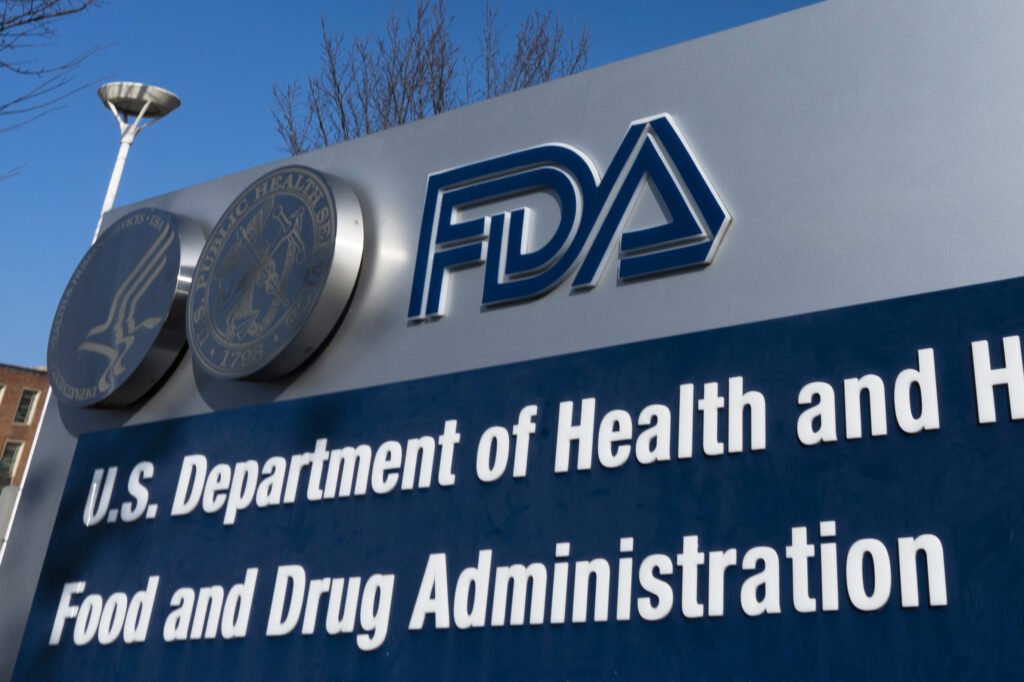Last updated on September 12th, 2024 at 01:06 pm
Table of Contents

July 30, 2024 – In a significant medical breakthrough, the Food and Drug Administration (FDA) has approved a new blood test for colorectal cancer screening. This approval marks a major advancement in the fight against colorectal cancer, providing a less invasive and more accessible screening method for patients.
A Major Step Forward
Colorectal cancer is one of the most common types of cancer. Early detection is crucial for effective treatment. Traditional screening methods, like colonoscopies, are effective but can be uncomfortable and inconvenient for many patients. This new blood test offers a simpler alternative.
The new test, known as the EpiColon Test, detects specific DNA changes in the blood that are linked to colorectal cancer. These changes are called methylation markers. When present, they can indicate the presence of cancer or precancerous growths in the colon.
How It Works
The EpiColon Test works by analyzing a blood sample. The test looks for certain methylation markers in the DNA. These markers are often found in patients with colorectal cancer. If the markers are found, further diagnostic tests, such as a colonoscopy, may be recommended.
This blood test is less invasive than a colonoscopy. It can be done in a doctor’s office or clinic with a simple blood draw. This ease of use may encourage more people to get screened, especially those who avoid traditional methods due to discomfort or fear.
Clinical Trials and Effectiveness
The FDA’s approval came after a series of rigorous clinical trials. These trials included thousands of participants. The EpiColon Test showed a high rate of accuracy in detecting colorectal cancer. It was particularly effective in identifying early-stage cancers, which are often more treatable.
Dr. Susan Roberts, an oncologist and one of the lead researchers in the trials, praised the test’s effectiveness. “The EpiColon Test has the potential to save many lives by catching cancer early,” she said. “It’s a game-changer in colorectal cancer screening.”
Benefits and Accessibility
There are several benefits to the EpiColon Test. Firstly, it is less invasive. Patients do not need to undergo the preparation required for a colonoscopy. Secondly, it is quicker and more convenient. A simple blood draw can be done in minutes.
Additionally, the test may be more accessible to a wider range of patients. People in rural or underserved areas, where access to specialized medical procedures like colonoscopies is limited, can benefit from this new screening method.
Cost and Insurance Coverage
The cost of the EpiColon Test is expected to be lower than a traditional colonoscopy. This could make it a more affordable option for many patients. Insurance companies are likely to cover the cost of the test, especially as it becomes more widely used and recognized for its effectiveness.
Next Steps
With FDA approval, the EpiColon Test will soon be available to patients across the United States. Healthcare providers are preparing to integrate this new screening tool into their practices.
Doctors will likely recommend the EpiColon Test to patients who are at average risk for colorectal cancer. Those with higher risk factors, such as a family history of the disease, may still need to undergo more comprehensive screening methods.
Public Awareness and Education
As with any new medical advancement, public awareness and education are crucial. The FDA and healthcare providers will work together to inform the public about the benefits and availability of the EpiColon Test.
Dr. James Mitchell, a gastroenterologist, emphasized the importance of education. “We need to ensure that patients understand the options available to them. The EpiColon Test offers a simpler, less invasive way to screen for colorectal cancer. This can lead to early detection and better outcomes.”




